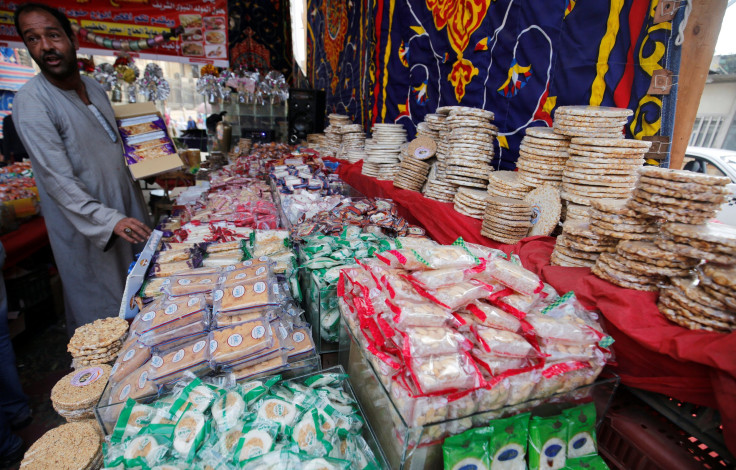What Is Mawlid al-Nabi 2016: Is Celebrating The Prophet Muhammad’s Birthday Allowed In Islam?

In the coming two weeks, many Christians are expected to opine on the commercialization of Christmas and what they see as the correct way to mark the birth of Jesus Christ. But for Muslims across the world, the birthday of the Prophet Muhammad, which occurs this year on Monday, is a far more controversial affair.
While you might think that Mawlid al-Nabi, as Prophet Muhammad’s birthday is known, would be a cause for celebration throughout the Muslim world, many do not believe the event should be marked at all. Indeed, some adherents to the faith condemn those who do celebrate it.
For those who adhere to the more conservative branches of Sunni Islam, chiefly Wahhabi and Salafi, celebrating Mawlid is a “bid-ah,” or innovation, as there is no instruction to do so in the Qu’ran. If the religion is already perfect, they believe, there is no room to add individual interpretation. As a result, Mawlid is not recognized as a national holiday in Saudi Arabia and Qatar, where Wahabbism and Salafism is predominant.
For those who do celebrate Mawlid, generally associated with the Sufi strains of Islam, the idea of not marking the birthday of the most important figure in Islam is anathema.
As for when it is celebrated, there are many dates cited as the correct day of observance. But the most common is the 12th day of Rabi’ al-Awwal, the third month in the Islamic calendar, meaning its place in the Gregorian calendar changes each year. The festivities, though, actually begin the night before, which this year means it starts sundown Sunday.
Cities and mosques will be decorated, while sweets and candy are handed out to children. Also important is the reciting of songs and poems recognizing Muhammad as the last prophet sent by God. One of the most prominent of these poems is Qasida al-Burda, which venerates the Prophet, who is said to have cured the poet of partial paralysis.
Muhammad was born in the year 570 in the town of Mecca before becoming an orphan at an early age. On one of his regular sojourns meditating in a cave near Mecca, he told of being visited by the Archangel Gabriel. His preaching of these revelations gained him thousands of followers and would later form the basis of the Qur’an.
© Copyright IBTimes 2025. All rights reserved.





















